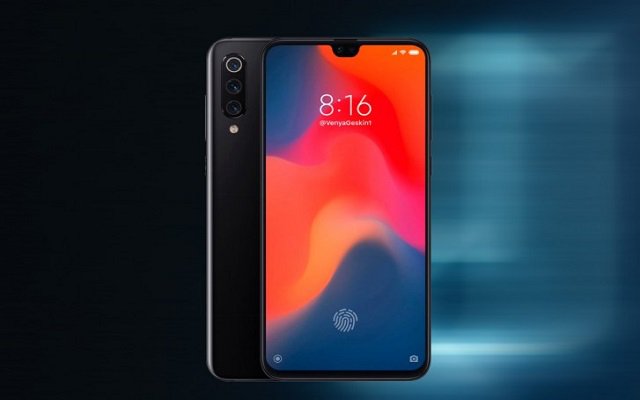Cheap Chinese smartphones have been the norm in Pakistan, especially in the interior areas. While overall mobile usage in the country is encouraging, most of the usage is low budget smartphones which fall short when it comes to delivering excellent user experience.
Chinese companies have managed to dominate a staggering 62 percent of the Pakistani smartphone market (as compared to 55 percent in neighboring India) and many of those smartphones are incapable of performing well in various domains, especially Internet speeds.
According to Counterpoint Research, the overall smartphone usage in Pakistan is deplorable as compared to its neighbors, with the Associate Director Tarun Phattak stating that a majority of the user still survive on “basic voice or slow mobile internet speeds”.
While the number of 3G/4G subscribers in Pakistan is highly encouraging, it is worth noting that this is still around 30 percent of the population; a figure that could definitely be improved.
In terms of cellular networks, the market leader in the country is Zong, a subsidiary of China Mobile, which has become especially popular due to its 4G service. Other major players in the telecom sector include Jazz, Telenor, Warid and of course, the Pakistan Telecommunication Authority (PTA).
In terms of smartphones, Samsung is the market leader with a 22 percent share, followed by Huawei; 19 percent, Oppo; 17 percent and QMobile; 15 percent. While this clearly shows the permeation of Chinese companies in the Pakistani smartphone ecosystem, it fails to indicate yet another issue: the prevalence of “basic” smartphones in the country.
“Device ecosystem is also driven by entry-level smartphones. Half of the smartphones sold in Pakistan are still below $100,” said Pathak in an interview with the Indo-Asian News Service.
While this does paint a bleak picture of what the Pakistani smartphone market looks like, especially when compared to its South Asian neighbors, the immense potential for growth can’t be ignored. With an encouraging teledensity of 80 percent, and a youthful population that thrives on mobile Internet, the current environment is ripe for drastic improvements.











